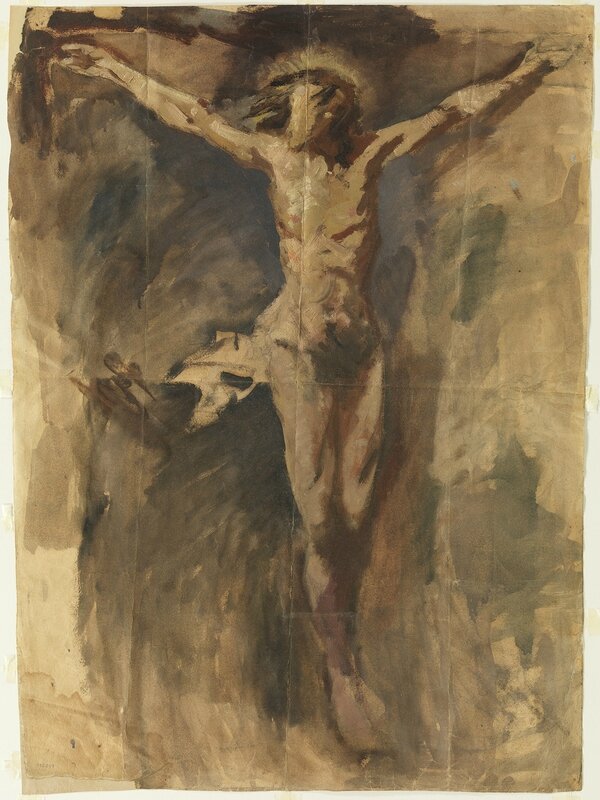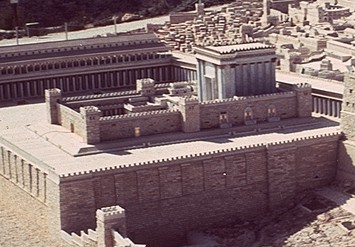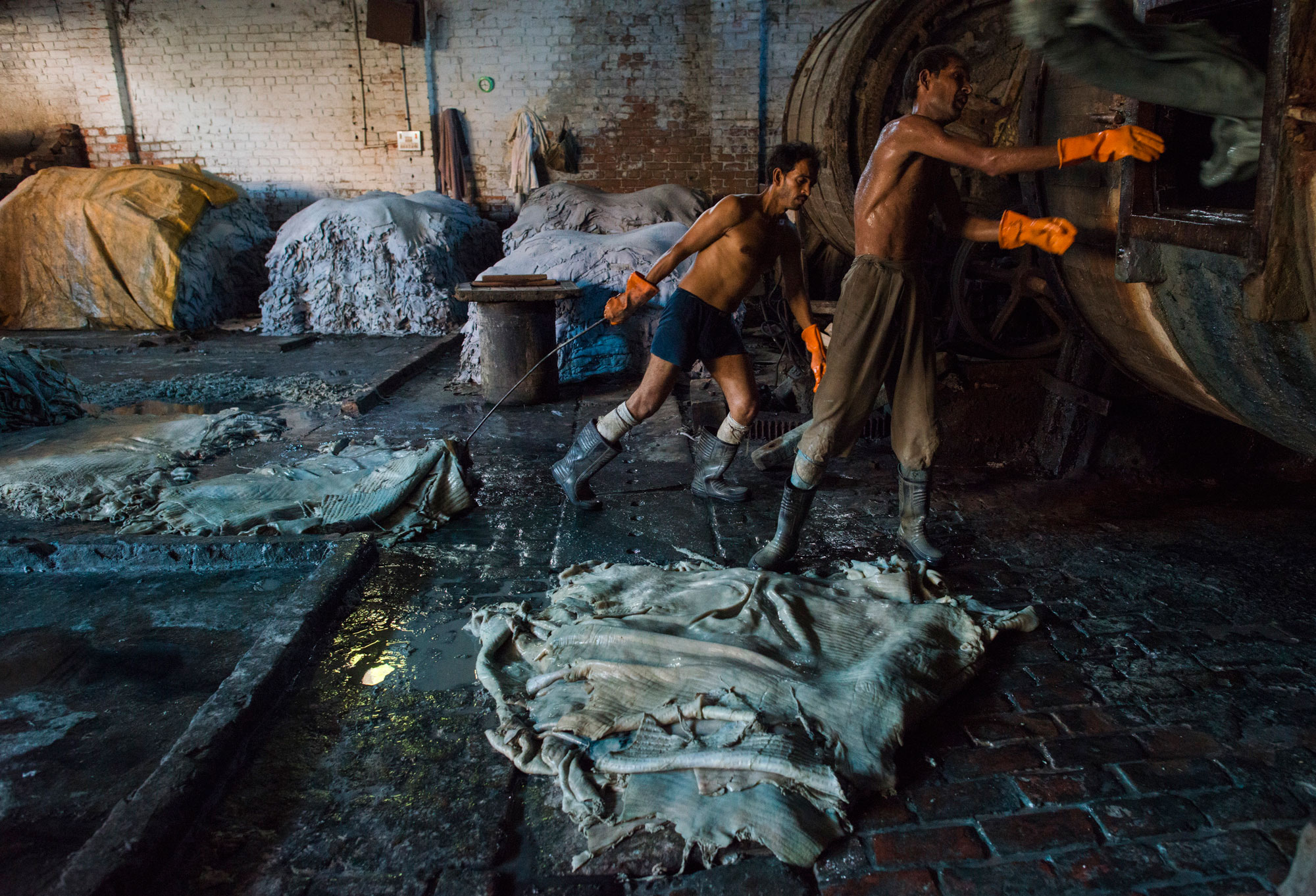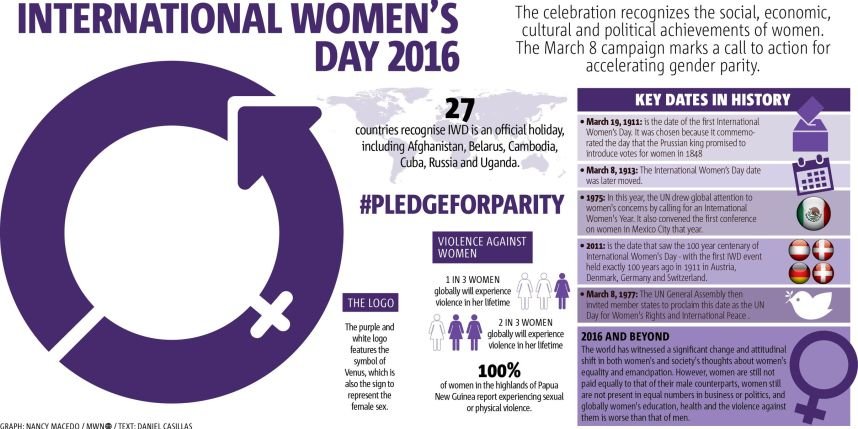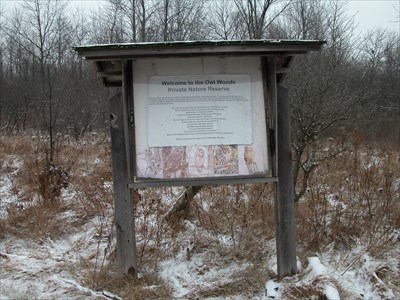
In my Easter message yesterday I touched briefly on the senselessness and evil of the bombings in Brussels by Islamic extremists. I hadn't heard at that point about yet another suicide bombing in Pakistan that killed at least double the number in Belgium. In the event that we might not be clear on how hideous this terrorist act was, the Taliban perversely informed the world that they had targeted innocent Christian children on Easter Day. We have also learned that the Brussels attacks were originally scheduled for Easter weekend.
As a Christian this appalls me. My brothers and sisters in Christ are being persecuted by extremists from another religion. It does make me wonder about what is inherently violent about Islam which spawns so many hateful, violent groups. Then I heard a reporter in Pakistan saying that many, if not the majority of the children and women who died at the amusement park were Muslims. In fact, so often terrorist attacks are directed at Muslims who are perceived to be unfaithful because they don't espouse extreme views.
I am reminded that hatred is an idolatry often masked by religious claims. Anders Breivik, the Norwegian fascist terrorist who ruthlessly murdered scores of teenagers five years ago insisted that he was acting as a Christian. He was no more a Christian than the supposedly Muslim terrorists are Islamic. God has nothing to do with this.
I want to keep at the forefront of my mind and spirit the wonderful Muslims I have met in this community who have made such a difference with our refugee sponsorship. And those who have willingly entered into respectful interfaith dialogue through the years. Suspicion and hatred are always dead-end streets.
Comments?
Read this Washington Post article on the plight of Pakistani Christians https://www.washingtonpost.com/news/worldviews/wp/2016/03/28/the-plight-of-pakistans-christian-minority/?tid=sm_tw


